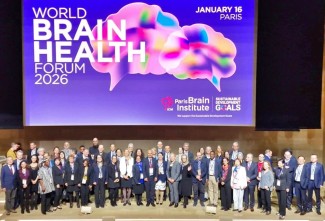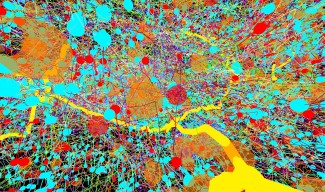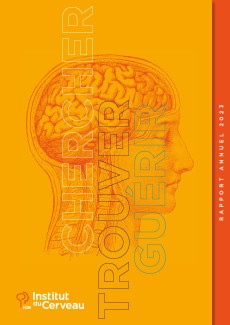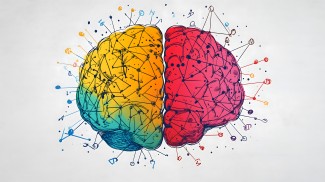
Press Room
Resources dedicated to journalists and media professionals
The PR department responds to all media requests for information on scientific, medical, technological and entrepreneurial activities at Paris Brain Institute.
It disseminates new results from research teams and connects journalists to a relevant expert to comment on a current issue.
Feel free to contact our press officer to help you develop a topic that relies on state-of-the-art knowledge in neuroscience, neurology or psychiatry.
Press contact
Marie Simon
Email
:
presse@icm-institute.org
Our press documents

The most severe form of epilepsy, status epilepticus is a high-risk neurological emergency. Yet its epidemiology remains poorly understood, particularly in France. By analyzing data from the French National Health Insurance system, compiled within...
02.19.2026
Research, science & health

There is currently no cure for Alzheimer's disease. The treatments available in France—which are not reimbursed—are known as symptomatic treatments, meaning that they act on the consequences of the disease rather than its underlying cause. In 2018...
02.19.2026
Research, science & health

In January 2026, Paris became the stage for a major shift in the way brain health is addressed worldwide. Held as part of the 15th anniversary of the Paris Brain Institute, the World Brain Health Forum 2026 brought together 80 international speakers...
01.30.2026
Events

The Ban Ki-moon Foundation, the Paris Brain Institute, and the Vascular Brain Health Institute signed a new partnership agreement marking a major step to championing brain health, building local capacity, and specialized education to launch the...
01.29.2026
Institutional

A molecule previously studied in the context of sleep disorders and attention deficit hyperactivity disorder (ADHD) is now, for the first time, revealing its potential in experimental models of multiple sclerosis (MS): it protects neurons and...
01.27.2026
Research, science & health

More than one in three people will experience a brain disorder at some point in their lives. This reality, identified by the World Health Organization as a major public health priority, calls for unprecedented international mobilization. It is...
01.12.2026
Events

In intensive care units, some patients who appear unconscious occupy a gray zone in their relationship to the world. To better diagnose them and predict their recovery potential, Dragana Manasova, Jacobo Sitt, and their colleagues have developed an...
01.08.2026
Research, science & health

What if the flow of our thoughts occasionally just stopped? Esteban Munoz-Musat, Lionel Naccache, Thomas Andrillon, and their colleagues at Paris Brain Institute and Monash University in Melbourne show that the sensation of “thinking about nothing”...
12.26.2025
Research, science & health

An international study published in Brain, Behavior, and Immunity shows that patients with treatment-resistant depression (TRD) have a unique biology, different from those who respond to standard therapies. More than 5,000 genes were found to behave...
11.03.2025
Research, science & health

The anomalies underlying neurodegenerative diseases may arise during development—decades before the first symptoms appear. This hypothesis is gaining traction thanks to a new study published in Nature Communications. According to researchers from the...
10.20.2025
Research, science & health

Paris Brain Institute announces Serge Weinberg’s election as President of its Board of Directors. He succeeds Gérard Saillant, our Founding President, who becomes Honorary President after fifteen years of dedicated service to the Institute.
10.16.2025
Institutional

This year, NeurAL, Paris Brain Institute’s start-up studio, has selected a project by the researcher Brahim Nait Oumesmar that seeks to develop a remyelinating treatment for multiple sclerosis. The winner will benefit from personalized support and...
10.15.2025
Research applications
Our useful documents
All
No results found
News that might interest you



